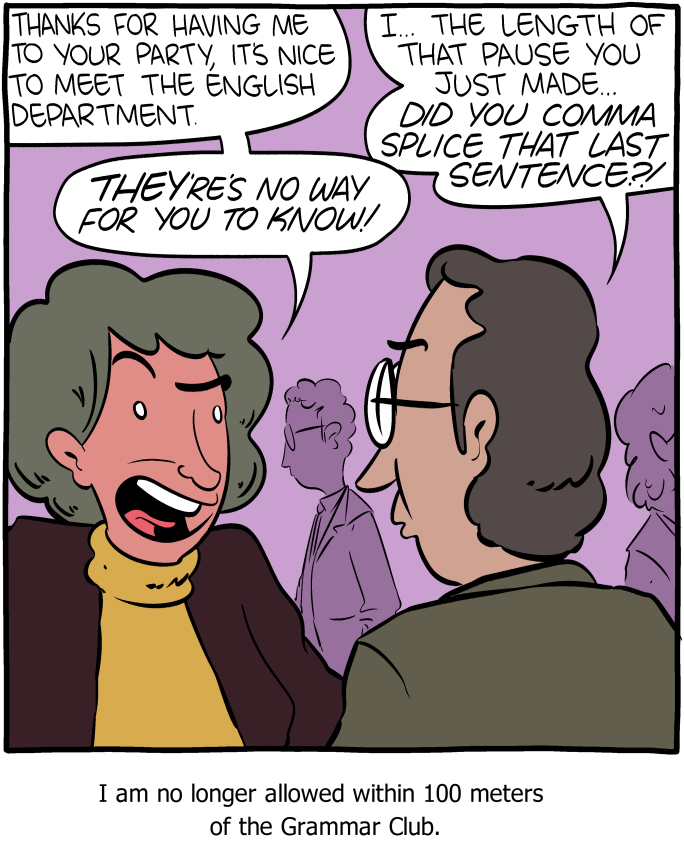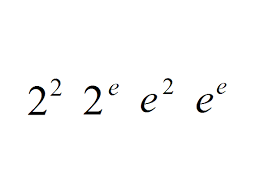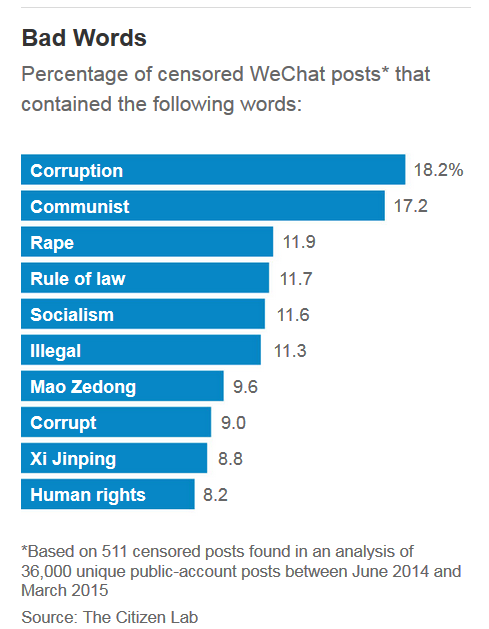Of armaments and Old Sinitic reconstructions, part 6
From March through July of 2016, we had a long-running series of posts comparing words in Indo-European and in Old Sinitic (OS), See especially the first item in this series, and don't miss the comments to all of the posts:
- “Of precious swords and Old Sinitic reconstructions” (3/8/16)
- “Of precious swords and Old Sinitic reconstructions, part 2” (3/12/16)
- “Of precious swords and Old Sinitic reconstructions, part 3” (3/16/16)
- “Of precious swords and Old Sinitic reconstructions, part 4” (3/24/16)
- "Of precious swords and Old Sinitic reconstructions, part 5" (3/28/16)
- "Of shumai and Old Sinitic reconstructions" (7/19/16)
- "Of felt hats, feathers, macaroni, and weasels" (3/13/16)
Today's post is not about a sword per se, but it is about an armament for parrying sword thrusts. It was inspired by seeing the following entry in Paul Kroll, ed., A Student's Dictionary of Classical and Medieval Chinese (Leiden: Brill, 2015), p. 104a: fá 瞂 pelta; small shield — Middle Sinitic bjwot. I asked Paul where he got that beautiful word "pelta", and he replied: "One of the benefits of my early classical studies. I got it from Vergil, but it’s originally Greek."
Read the rest of this entry »


